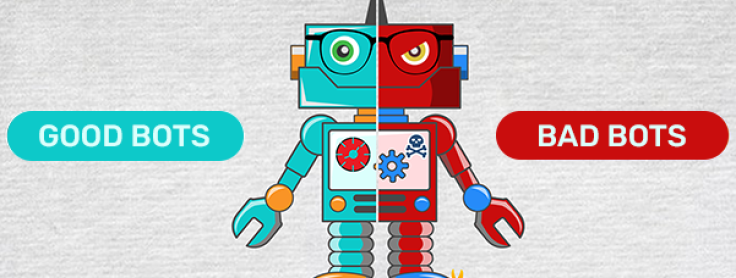Most website visitors aren’t humans. More importantly, the website visitors are not benign. For the past five years, every third website visitor has been an attack bot. The good bots will crawl your website to glean information and will leave everything just as they found it. The bad bots will try to hack the website no matter how unpopular or popular the people traffic find it. Some of those bots are from the very platforms you use. The refresh the feeds and this bumps up the numbers. Facebook’s feed fetcher, all by itself, accounted for 4.4 percent of all website traffic. Spambots show up in comment sections and Twitter bots clog people’s timelines. Though unpleasant, many of these are not dangerous. Though this may seem concerning now, the future is going to be worse. Indeed, there are those who predict that within a few years 75% of the web traffic will be bots and more than half of those bots the threatening kind. But who would know? They are designed to look like human users and their activity masks the very activity of the people who once dominated the internet.
The point is this. AI will soon push people away from the internet or make their experience so unpleasant that they will look for new or different platforms. That is why new is the byword of those involved in the net. As old platforms become dominated by the bots, the search is on for ever newer venues not yet dominated by the automated users. Oddly enough, it is a game we are playing against the very thing some believe will be our salvation. So take this as a sign of the times. The machines we invent to make our lives easier may end up competing with us for the very things that we turn to for amusement. The internet may well become our version of the Tower of Babel -- an ambition that became a threat to our very humanity. At this point it is still something we could manage -- if we wanted to. I am guessing that we are too in love with the idea of perpetual leisure to slow down our pursuit of a world in which work is a bad word.

1 comment:
Interesting. I've read and thought about much of this with the push for AI use cases within my profession, industry, and employer, but it hadn't occurred to me to make the connection to the Tower of Babel. But I would say that I'm less sanguine than you on whether it is still something we can manage. Looking at our use of traditional and social media, it would seem, to borrow from fight club, the things we own end up owning us.
Post a Comment